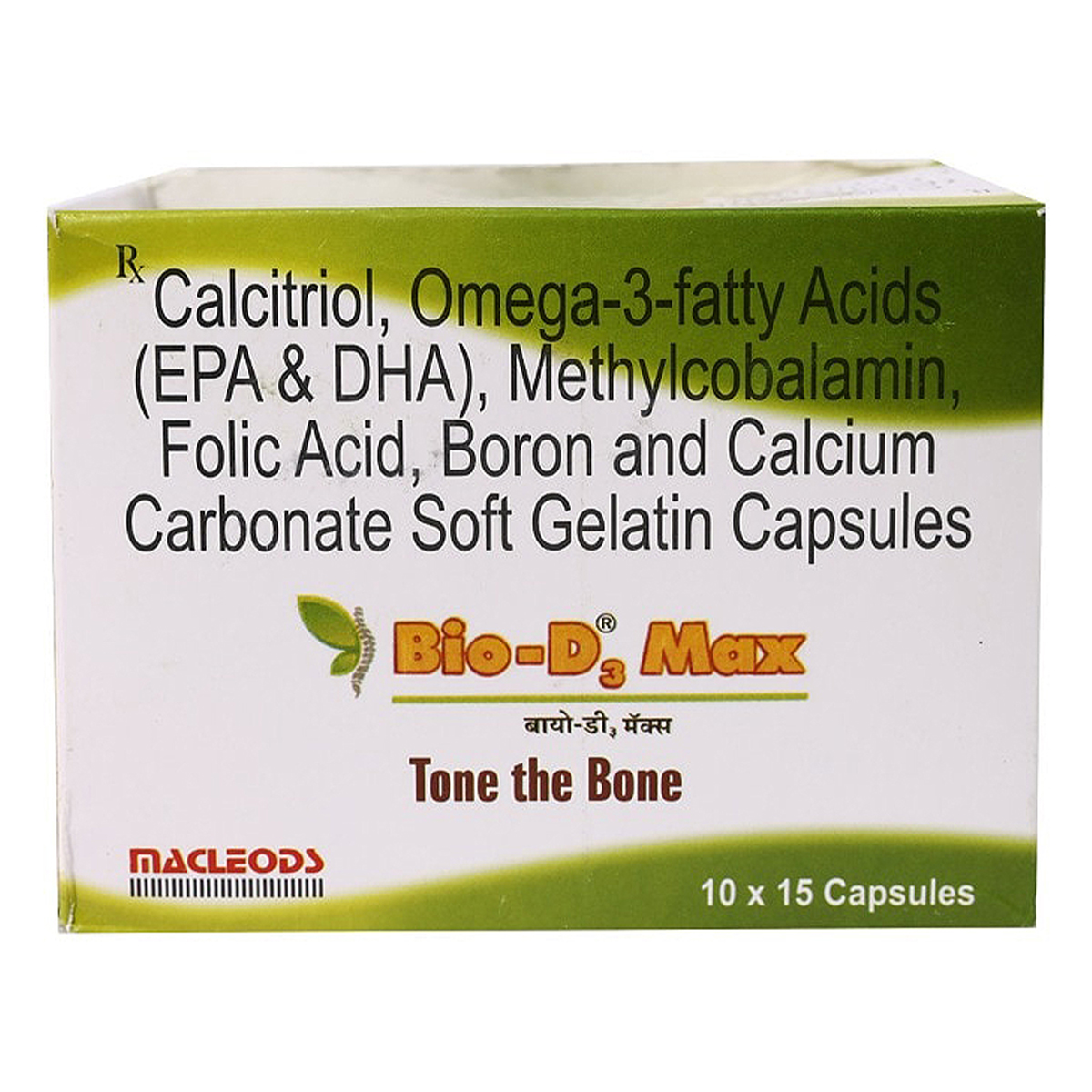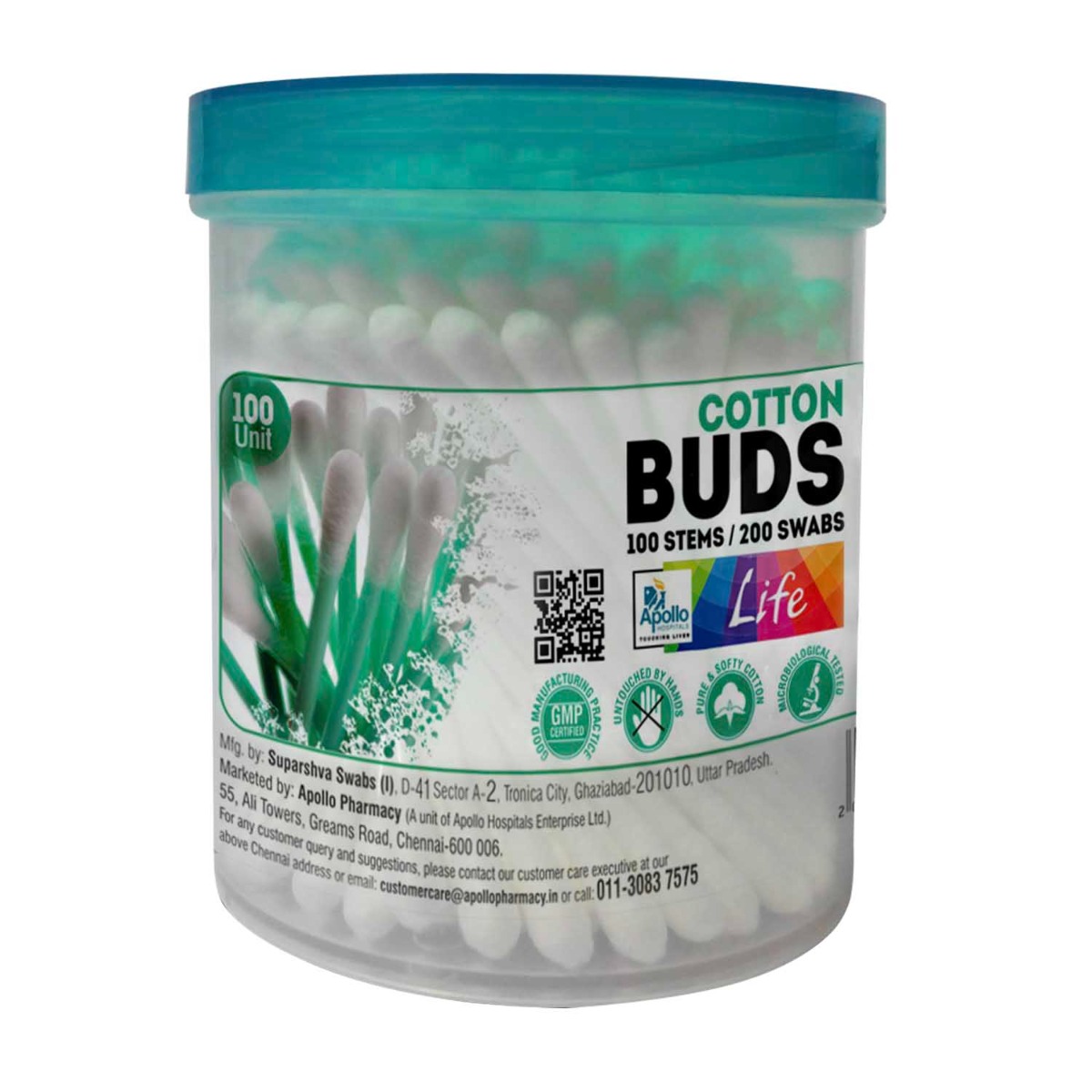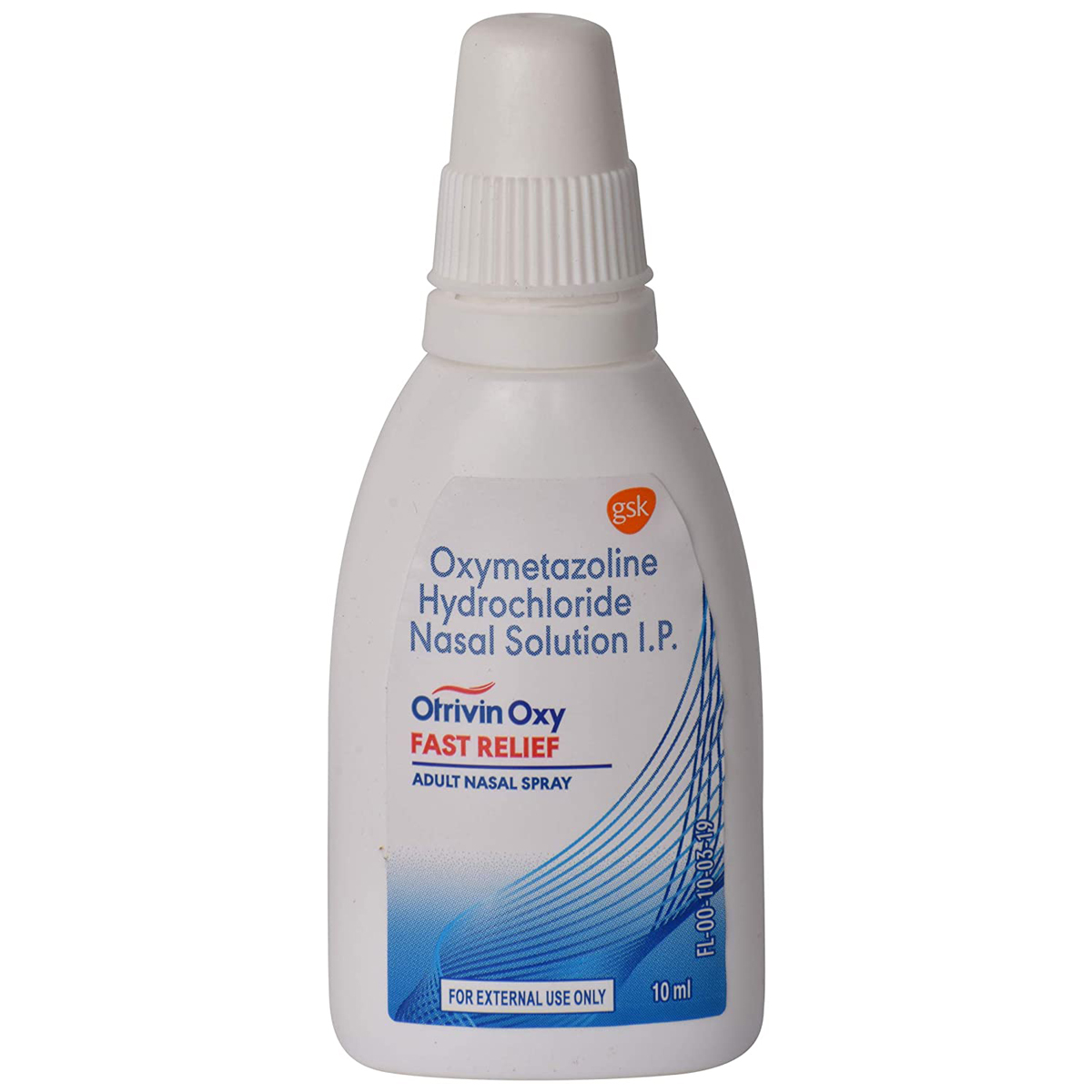Bio-D3 Max Capsule
MRP ₹268
(Inclusive of all Taxes)
₹40.2 Cashback (15%)
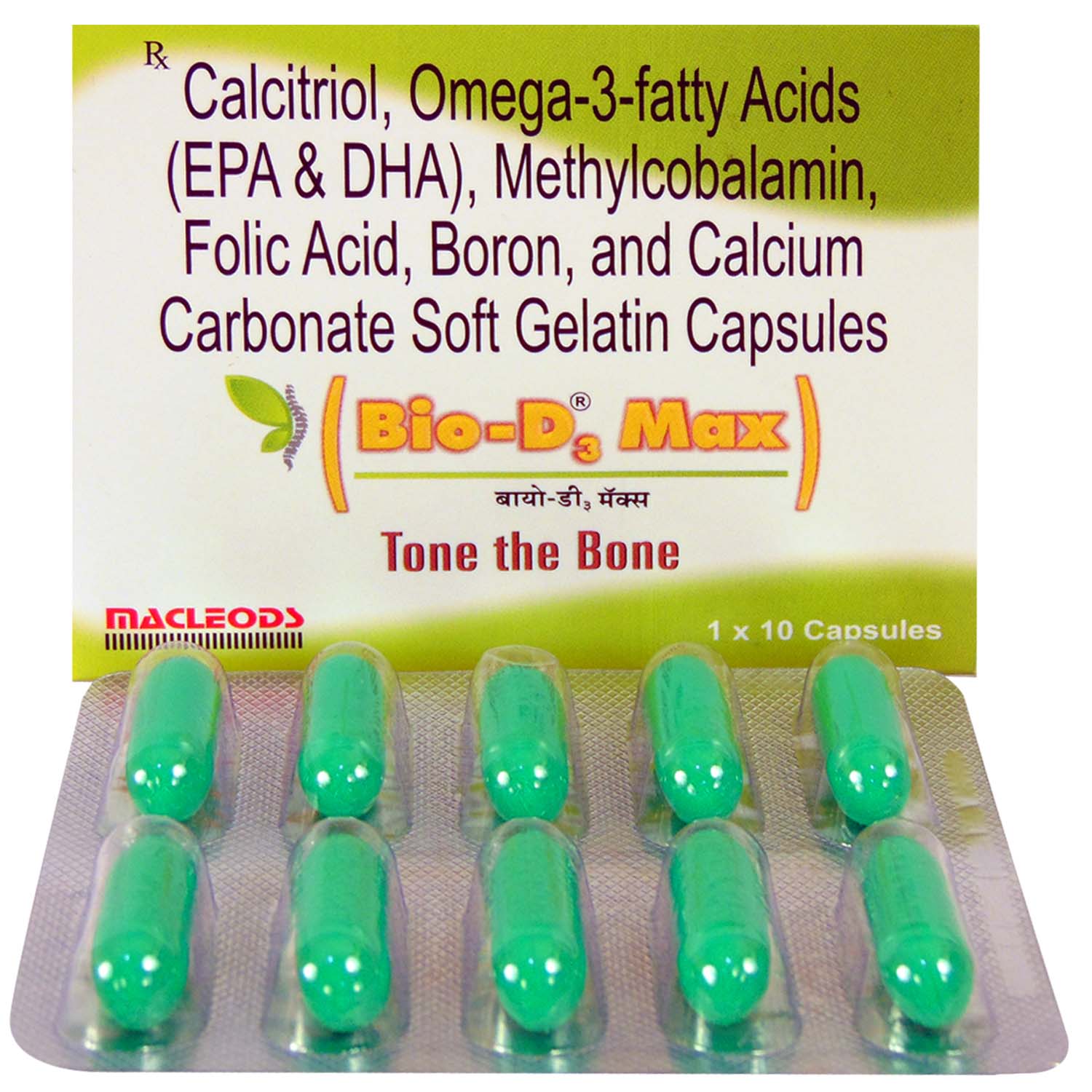
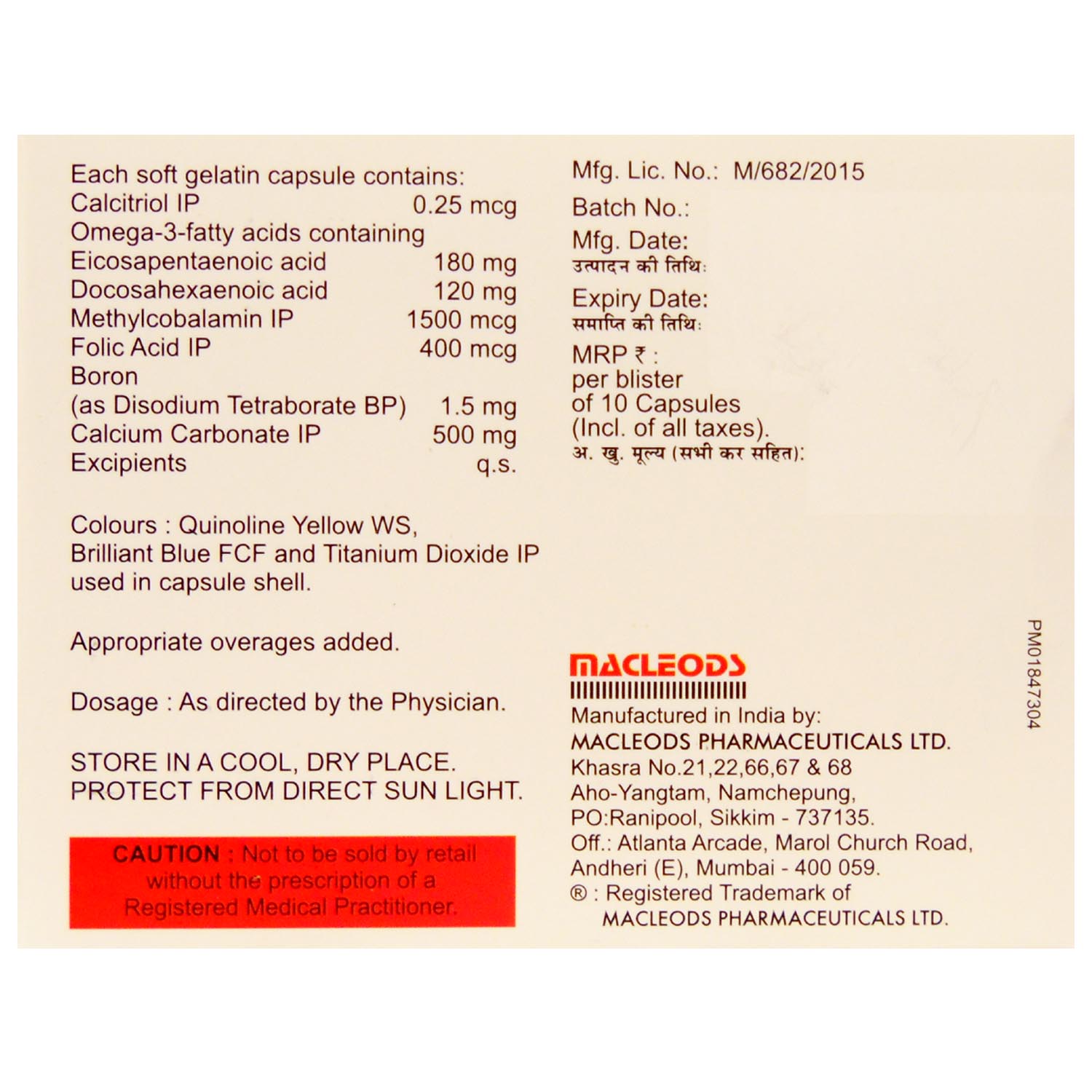
Available Offers
Therapeutic Class
Author Details
We provide you with authentic, trustworthy and relevant information
Drug-Drug Interactions Checker List
- CHLORAMPHENICOL
- ARSENIC TRIOXIDE
- WARFARIN
Drug-Drug Interactions
Drug-Drug Interactions
Login/Sign Up
Co-administration of Bio-D3 Max Capsule may lower the effectiveness of Patiromer calcium in binding potassium.
How to manage the interaction:
Although there is an interaction, Bio-D3 Max Capsule can be taken with Patiromer calcium if prescribed by the doctor. Consult the prescriber if you experience symptoms such as metabolic alkalosis like nausea, vomiting, tremor, muscle twitching, lightheadedness, numbness or tingling, prolonged muscle spasms, slowed breathing, irregular heartbeat, and confusion. Do not discontinue the medication without a doctor's advice.
Co-administration of Bio-D3 Max Capsule and Digoxin may increase the calcium levels may increase the effects of Digoxin
How to manage the interaction:
Although there is an interaction, Bio-D3 Max Capsule can be taken with Digoxin if prescribed by the doctor. Do not discontinue the medication without consulting a doctor.
Co-administration of Dolutegravir with Bio-D3 Max Capsule can reduce the effectiveness of dolutegravir.
How to manage the interaction:
Although there is an interaction, Bio-D3 Max Capsule can be taken with dolutegravir if prescribed by the doctor. However, dolutegravir and Bio-D3 Max Capsule should not be taken orally at the same time. Maintain a gap of 2-6 hours between both medicines. Do not discontinue using any medications without consulting a doctor.
Co-administration of Bio-D3 Max Capsule may interfere with the absorption of Gefitinib and reduce its effectiveness.
How to manage the interaction:
Although there is an interaction, Bio-D3 Max Capsule can be taken with Gefitinib if prescribed by the doctor. However, Gefitinib and Bio-D3 Max Capsule should not be taken orally at the same time. Maintain a gap of 2-6 hours between both medicines. Do not discontinue using any medications without consulting a doctor.
Co-administration of Bio-D3 Max Capsule may interfere with the absorption of Raltegravir and reduce its effectiveness.
How to manage the interaction:
Taking Bio-D3 Max Capsule with Raltegravir should be avoided. Consult the doctor if you have any concerns, the doctor may recommend alternatives that do not interact with raltegravir. Do not discontinue the medication without consulting a doctor.
Co-administration of Bio-D3 Max Capsule with Ketoconazole may decrease the effects of Ketoconazole.
How to manage the interaction:
Although there is an interaction, Bio-D3 Max Capsule can be taken with Ketoconazole if prescribed by the doctor. However, maintain a gap of 2 or more hours between both medicines. Do not discontinue the medication without consulting a doctor.
Cholecalciferol and doxercalciferol are forms of vitamin D, and taking too much vitamin D may lead to toxic effects.
How to manage the interaction:
Although there is a possible interaction between Bio-D3 Max Capsule and doxercalciferol, you can take these medicines together if prescribed by your doctor. If you notice any of these symptoms - irregular heartbeat, seizures, weakness, tiredness, headache, dizziness, ringing in the ears, loss of appetite, feeling sick, dry mouth, strange taste in your mouth, muscle or bone pain, thirst, losing weight, eye infection, sensitivity to light, runny nose or itching - make sure to call a doctor right away. Do not discontinue any medications without consulting a doctor.
The combined use of calcifediol with cholecalciferol can increase the risk of side effects.
How to manage the interaction:
Although there is a possible interaction between Bio-D3 Max Capsule and calcifediol, you can take these medicines together if prescribed by your doctor. If you notice any of these symptoms - irregular heartbeat, seizures, weakness, tiredness, headache, dizziness, ringing in the ears, loss of appetite, feeling sick, dry mouth, strange taste in your mouth, muscle or bone pain, thirst, losing weight, eye infection, sensitivity to light, runny nose or itching - contact a doctor right away. Do not discontinue any medications without consulting a doctor.
The combined use of cholecalciferol and paricalcitol are forms of vitamin D, and taking too much vitamin D may lead to toxic effects.
How to manage the interaction:
Although there is a possible interaction between Bio-D3 Max Capsule and paricalcitol, you can take these medicines together if prescribed by your doctor. If you notice any of these symptoms - irregular heartbeat, seizures, weakness, tiredness, headache, dizziness, ringing in the ears, loss of appetite, feeling sick, dry mouth, strange taste in your mouth, muscle or bone pain, thirst, losing weight, eye infection, sensitivity to light, runny nose or itching - contact a doctor right away. Do not discontinue any medications without consulting a doctor.
The combined use of cholecalciferol and ergocalciferol are forms of vitamin D, and taking too much vitamin D may lead to toxic effects.
How to manage the interaction:
Although there is a possible interaction between Bio-D3 Max Capsule and ergocalciferol, you can take these medicines together if prescribed by your doctor. If you notice any of these symptoms - irregular heartbeat, seizures, weakness, tiredness, headache, dizziness, ringing in the ears, loss of appetite, feeling sick, dry mouth, strange taste in your mouth, muscle or bone pain, thirst, losing weight, eye infection, sensitivity to light, runny nose or itching - contact a doctor right away. Do not discontinue any medications without consulting a doctor.
Drug-Food Interactions
Drug-Food Interactions
Login/Sign Up
Drug-Diseases Interactions
Drug-Diseases Interactions
Login/Sign Up
Drug Warnings
Do not take Bio-D3 Max Capsule if you are allergic to any of its components. Inform your doctor if you have hypercalcaemia (high level of calcium in the blood), hypercalciuria (excess calcium in the urine), nephrocalcinosis (excess calcium deposition in the kidneys), nephrolithiasis (kidney stones), hypervitaminosis D (excess vitamin D), bowel disease, anaemia, malabsorption, kidney or liver problems. Consult your doctor if you are pregnant or breastfeeding. Bio-D3 Max Capsule should be given to children only if recommended by the doctor. Let your doctor know if you are taking any other medicines or herbal products before starting Bio-D3 Max Capsule .
Side Effects of Bio-D3 Max Capsule
- Stomach upset
- Headache
- Nausea
- Vomiting
Directions for Use
Medicinal Benefits Mweb
Key Benefits
Bio-D3 Max Capsule is a combination of six supplements, namely: calcium carbonate, boron, omega 3 fatty acid, vitamin B12, vitamin B9, and vitamin D3. Bio-D3 Max Capsule helps in repairing joint damage, maintenance of calcium level, joint integrity, improves cartilage health, joint flexibility and mobility. Calcium carbonate makes the bones stronger by increasing their density. It helps in treating and preventing low calcium levels. Vitamin D3 helps in the absorption of calcium from the stomach. Omega 3 fatty acid helps in reducing inflammation, and decreases the progression of osteoarthritis. Vitamin B12 helps in the proper functioning of the brain, nerves and the production of red blood cells. Vitamin B9 helps in the synthesis, repair, and replication of DNA. It also helps in relieving pain and inflammation associated with osteoarthritis. Boron helps in the repair of damaged cartilage. Together, Bio-D3 Max Capsule helps in treating joint damage and promotes joint flexibility. Bio-D3 Max Capsule helps repair joint damage in osteoporosis and osteoarthritis. Bio-D3 Max Capsule is an ideal dietary supplement for people with knee pain; it helps improve bone and joint health and combats debilitating joint pain. Bio-D3 Max Capsule may be used to treat diabetic peripheral neuropathic pain. Bio-D3 Max Capsule improves nerve conduction velocity and promotes the regeneration of injured nerves.
Uses of Bio-D3 Max Capsule
About Bio-D3 Max Capsule
Bio-D3 Max Capsule is a combination of supplements that helps in the maintenance of calcium level, joint integrity, improves cartilage health, joint flexibility and mobility. Bio-D3 Max Capsule helps repair joint damage in osteoporosis and osteoarthritis. Osteoarthritis is a degenerative joint disease in which the two ends of the joints come together due to the breakdown of a protective covering called cartilage. Osteoporosis is a condition in which the bones become brittle and weak. Bio-D3 Max Capsule is an ideal dietary supplement for people with knee pain; it helps improve bone and joint health and combats debilitating joint pain.
Bio-D3 Max Capsule contains calcium carbonate, boron, omega 3 fatty acid, vitamin B12, vitamin B9, and vitamin D3. Calcium carbonate makes the bones stronger by increasing their density. It helps in treating and preventing low calcium levels. Vitamin D3 helps in the absorption of calcium from the stomach. Omega 3 fatty acid helps in reducing inflammation, and decreases the progression of osteoarthritis. Vitamin B12 helps in the proper functioning of the brain, nerves and the production of red blood cells. Vitamin B9 helps in the synthesis, repair, and replication of DNA. It also helps in relieving pain and inflammation associated with osteoarthritis. Boron helps in the repair of damaged cartilage. Together, Bio-D3 Max Capsule helps in treating joint damage and promotes flexibility.
You are advised to take Bio-D3 Max Capsule for as long as your doctor has recommended it for you, depending on your medical condition. In some cases, you may experience certain common side-effects such as stomach upset, headache, nausea, and vomiting. Most of these side effects do not require medical attention and will resolve gradually over time. However, you are advised to talk to your doctor if you experience these side effects persistently.
Let your doctor know if you are taking any other medicines, or herbal products before starting Bio-D3 Max Capsule . If you are known to be allergic to any of the components in Bio-D3 Max Capsule , please inform your doctor. Consult your doctor before taking Bio-D3 Max Capsule if you are pregnant or breastfeeding. Limited information is available regarding usage of Bio-D3 Max Capsule in children; please consult a doctor if you have any concerns.
Online payment accepted
know your delivery time
Provide Delivery Location
Author Details
We provide you with authentic, trustworthy and relevant information
Therapeutic Class
All Substitutes & Brand Comparisons
RX
Bio-D3 Max Capsule 15's
Macleods Pharmaceuticals Ltd
₹402
(₹24.12 per unit)
- Inform your doctor about the nausea and discuss possible alternatives to the medication or adjustments to the dosage.
- Divide your daily food intake into smaller, more frequent meals to reduce nausea.
- Opt for bland, easily digestible foods like crackers, toast, plain rice, bananas, and applesauce.
- Avoid certain foods that can trigger nausea, such as fatty, greasy, spicy, and smelly foods.
- Drink plenty of fluids, such as water, clear broth, or electrolyte-rich beverages like coconut water or sports drinks.
- Use ginger (tea, ale, or candies) to help relieve nausea.
- Get adequate rest and also avoid strenuous activities that can worsen nausea.
- Talk to your doctor about taking anti-nausea medication if your nausea is severe.
- Record when your nausea occurs, what triggers it, and what provides relief to help you identify patterns and manage your symptoms more effectively.
- Take medications with food (if recommended): It can help prevent stomach distress and indigestion.
- Eat smaller, more frequent meals: Divide daily food intake into smaller, more frequent meals to ease digestion.
- Avoid trigger foods: Identify and avoid foods that trigger indigestion, such as spicy, fatty, or acidic foods.
- Stay upright after eating: Sit or stand upright for at least 1-2 hours after eating to prevent stomach acid from flowing into the oesophagus.
- Avoid carbonated drinks: Avoid drinking carbonated beverages, such as soda or beer, which can worsen indigestion.
- Manage stress: To alleviate indigestion, engage in stress-reducing activities like deep breathing exercises or meditation.
- Consult a doctor if needed: If indigestion worsens or persists, consult a healthcare professional to adjust the medication regimen or explore alternative treatments.
- Drink water or other clear fluids.
- To prevent worsening of pain, limit intake of tea, coffee, or alcohol.
- Include bland foods like rice, toast, crackers, and rice in your diet.
- Avoid lying down immediately after eating as it may cause indigestion or heartburn.
- Avoid acidic and spicy food as it may cause indigestion.
- Inform your doctor about your constipation symptoms. They may adjust your medication or advise alternative treatments.
- Stay hydrated by drinking sufficient of water (at least 8-10 glasses a day) to help soften stool and promote bowel movements.
- Increase fibre intake by eating foods high in fibre, such as fruits, whole grains, vegetables and legumes, to help bulk up the stool.
- Establish a bowel routine by trying to go to the bathroom at the same time each day to train your bowels.
- Engaging in regular exercise, like walking or yoga, can support in bowel movement stimulation.
- Consult your doctor if constipation persists, and discuss alternative treatments or adjustments to your medication.
- Inform Your Doctor: Notify your doctor immediately about your diarrhoea symptoms. This allows them to adjust your medication or provide guidance on managing side effects.
- Stay Hydrated: Drink plenty of fluids to replace lost water and electrolytes. Choose water, clear broth, and electrolyte-rich drinks. Avoid carbonated or caffeinated beverages to effectively rehydrate your body.
- Follow a Bland Diet: Eat easy-to-digest foods to help firm up your stool and settle your stomach. Try incorporating bananas, rice, applesauce, toast, plain crackers, and boiled vegetables into your diet.
- Avoid Trigger Foods: Steer clear of foods that can worsen diarrhoea, such as spicy, fatty, or greasy foods, high-fibre foods, and dairy products (especially if you're lactose intolerant).
- Practice Good Hygiene: Maintain good hygiene to prevent the spread of infection. To stay healthy, wash your hands frequently, clean and disinfect surfaces regularly, and avoid exchanging personal belongings with others.
- Take Anti-Diarrheal Medications: If your doctor advises, anti-diarrheal medications such as loperamide might help manage diarrhoea symptoms. Always follow your doctor's directions.
- Keep track of your diarrhoea symptoms. If they don't get better or worse or are accompanied by severe stomach pain, blood, or dehydration signs (like extreme thirst or dark urine), seek medical help.
- Tell your doctor about your GAS symptoms. They may change your medication regimen or prescribe additional drugs to help you manage them.
- To manage GAS symptoms, eat a balanced diet of fibre, vegetables, and fruits.
- Drink enough water throughout the day to avoid constipation and treat GAS symptoms.
- Regular exercise like yoga and walking may help stimulate digestion and alleviate GAS symptoms.
- Take probiotics only if your doctor advises, as they may help alleviate GAS symptoms by promoting gut health.
- Take medication for GAS symptoms only if your doctor advises, as certain medications can interact with your existing prescriptions or worsen symptoms.
- If symptoms persist, worsen, or are accompanied by severe abdominal pain, vomiting, or bleeding, seek immediate medical attention.

Have a query?
Verified Buyers Reviews
Side Effects
- Nausea
- Indigestion
- Stomach Pain
- Constipation
- Loose And Watery Stools
- Gas Or Fart
- Acid Reflux
If any of the above side effects continue or intensify, seek medical advice. Professional guidance may be necessary for appropriate care and treatment adjustments.
Buy best Health & Nutrition products by
Vlado Sky Enterprise Pvt Ltd
Abbott India Ltd
Sun Pharmaceutical Industries Ltd
Apollo Healthco Limited
Zydus Healthcare Ltd
Macleods Pharmaceuticals Ltd
West Coast Pharmaceuticals Pvt Ltd
Intas Pharmaceuticals Ltd
Mankind Pharma Pvt Ltd
Meyer Organics Pvt Ltd
Emcure Pharmaceuticals Ltd
Lupin Ltd
Alkem Laboratories Ltd
Nutritionalab Pvt Ltd
Eris Life Sciences Ltd
Akumentis Healthcare Ltd
British Biologicals
La Renon Healthcare Pvt Ltd
Cipla Ltd
Micro Labs Ltd
Zuventus Healthcare Ltd
Torrent Pharmaceuticals Ltd
Pharmed Ltd
Dr Reddy's Laboratories Ltd
Modi Mundipharma Pvt Ltd
Corona Remedies Pvt Ltd
Hindustan Unilever Ltd
Indchemie Health Specialities Pvt Ltd
Apex Laboratories Pvt Ltd
Koye Pharmaceuticals Pvt Ltd
Leeford Healthcare Ltd
Bioceutics Inc
East West Pharma India Pvt Ltd
Alniche Life Sciences Pvt Ltd
FDC Ltd
Alembic Pharmaceuticals Ltd
Aristo Pharmaceuticals Pvt Ltd
DR Johns Lab Pharma Pvt Ltd
Herbs Nutriproducts Pvt Ltd
Guardian Healthcare Services Pvt Ltd
Vasu Organics Pvt Ltd
Pulse Pharmaceuticals
Fourrts India Laboratories Pvt Ltd
TTK Healthcare Ltd
Raptakos Brett & Co Ltd
USV Pvt Ltd
Glanbia Performance Nutrition India Pvt Ltd
Morepen Laboratories Ltd
Innovcare Life Sciences Pvt Ltd
Linux Laboratories Pvt Ltd
Troikaa Pharmaceuticals Ltd
Cadila Pharmaceuticals Ltd
Bright Lifecare Pvt Ltd
Wockhardt Ltd
Sanofi India Ltd
Primus Remedies Pvt Ltd
Zydus Cadila
Kellogg India Pvt Ltd
Tablets India Ltd
Indoco Remedies Ltd
Medley Pharmaceuticals Ltd
Overseas Health Care Pvt Ltd
Procter & Gamble Health Ltd
Shri Balaji Overseas
Dabur India Ltd
Ordain Health Care Global Pvt Ltd
Systopic Laboratories Pvt Ltd
Ajanta Pharma Ltd
Daris Biocare
Health & Happiness (H&H) Trading India Pvt Ltd
Hexagon Nutrition Pvt Ltd
Nutricia International Pvt Ltd
Zee Laboratories Ltd
Aareen Healthcare Pvt Ltd
Aeronutrix Sports Products Pvt Ltd
Emami Ltd
Radicool Pharmaceuticals Pvt Ltd
Wanbury Ltd
Biovitamins Pvt Ltd
Cadila Healthcare Ltd
Esmatrix Life Sciences Pvt Ltd
Ipca Laboratories Ltd
Klm Laboratories Pvt Ltd
Lloyd Healthcare Pvt Ltd
Sain Medicaments Pvt Ltd
Septalyst Lifesciences Pvt Ltd
Tas Med India Pvt Ltd
Wallace Pharmaceuticals Pvt Ltd
Biorex Healthcare Pvt Ltd
Elbrit Life Sciences Pvt Ltd
Levin Life Sciences Pvt Ltd
Panacea Biotec Ltd
Adret Retail Pvt Ltd
Cipla Health Ltd
Delcure Life Sciences Ltd
Femura Pharmaceuticals Pvt Ltd
Gladstone Pharma India Pvt Ltd
GlaxoSmithKline Consumer Healthcare Ltd
Kepler Healthcare Pvt Ltd
Ronyd Healthcare Pvt Ltd
SPECIALITY SUPPLEMENT
CALCIUM
IRON
VITAMIN D
COLLAGEN
VITAMIN B12
VITAMIN C
FISH OIL OMEGA
VITAMIN B
MULTIVITAMIN
Adult Nutrition Drink
ZINC
SEXUAL HEALTH SUPPLEMENT
WHEY PROTEIN
Kids Nutrition Drink
VITAMIN B9
ENERGY DRINK
SPECIALITY NUTRITION DRINK
DRY FRUIT
HERBAL JUICE
VITAMIN E
Prebiotic & Probiotic
ORS
SUGAR SUBSTITUTE
WOMEN & MOTHER NUTRITION DRINK
Chyawanprash
MAGNESIUM
Protein Bar
BREAKFAST CEREAL
Protein Powder
BIOTIN
DIABETIC NUTRITION DRINK
Honey
WEIGHT LOSS
Fat Burner
PLANT PROTEIN POWDER
VITAMIN B1
Apple Cider Vinegar
MELATONIN
APPETITE STIMULANT
Meal Replacement
Peanut Butter
AMINO ACID
Flax seed Oil
INFUSION TEA
NUT & SEED
Ashwagandha
Instant Food
OATS
Olive Oil
Mass Gainer
Pre Workout
CURCUMIN
POTASSIUM
VITAMIN A
DISKETTE
L-Carnitine
Cod Liver Oil
CREATINE
MILLETS & CEREALS
VITAMIN B6
ARGININE
COENZYME Q10
Shilajit
Appetite Suppressant
Chromium
MILK THISTLE
Glutathione
VITAMIN B2
VITAMIN K
L-Glutamine
MORINGA
GARCINIA CAMBOGIA
GREEN TEA
SPIRULINA
ALPHA-LIPOIC ACID
GLUCOSAMINE
GOKSHURA
BCAA Protein Powder
GILOY
NEEM
SAFFRON
SELENIUM
TRIPHALA
Tulsi
VITAMIN B3
VITAMIN B5
Brahmi
CANDIES
FRUIT JUICE
Face Gel
Specialty Supplements
WEIGHT GAINER
WHEAT GRASS POWDER
Customers Also Bought
Frequently Bought Together
₹135.6
MRP ₹154.5
12% off
6
+₹177.6
MRP ₹222
20% off
1
+

_0.jpg?tr=q-85)


